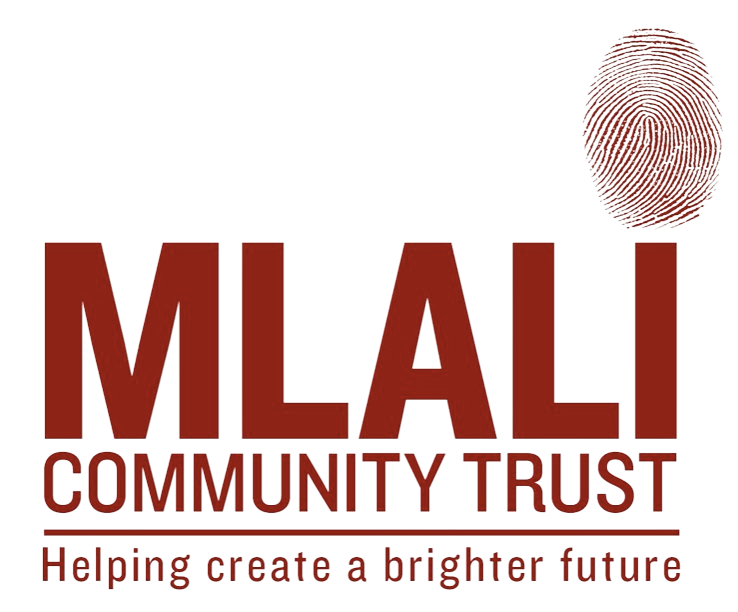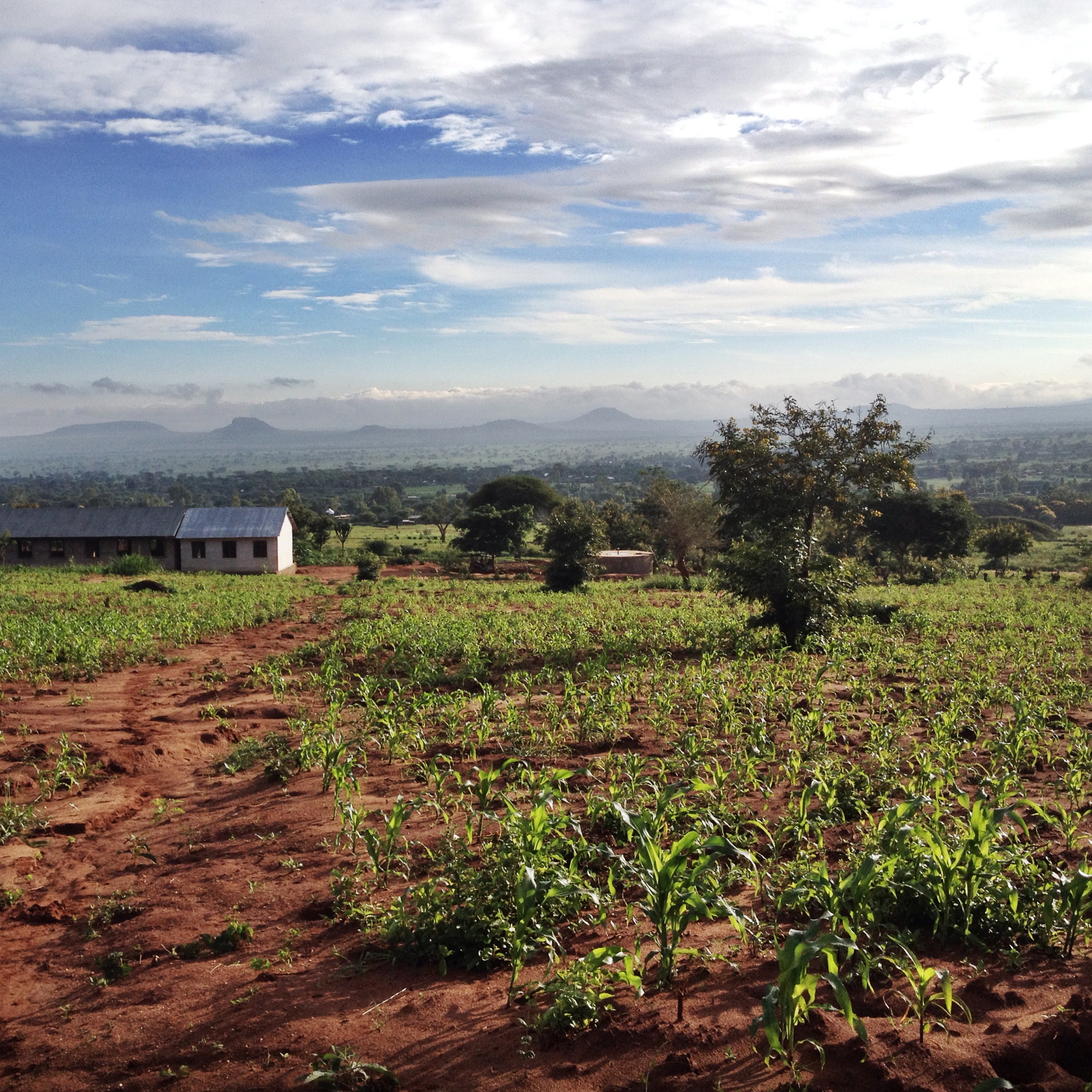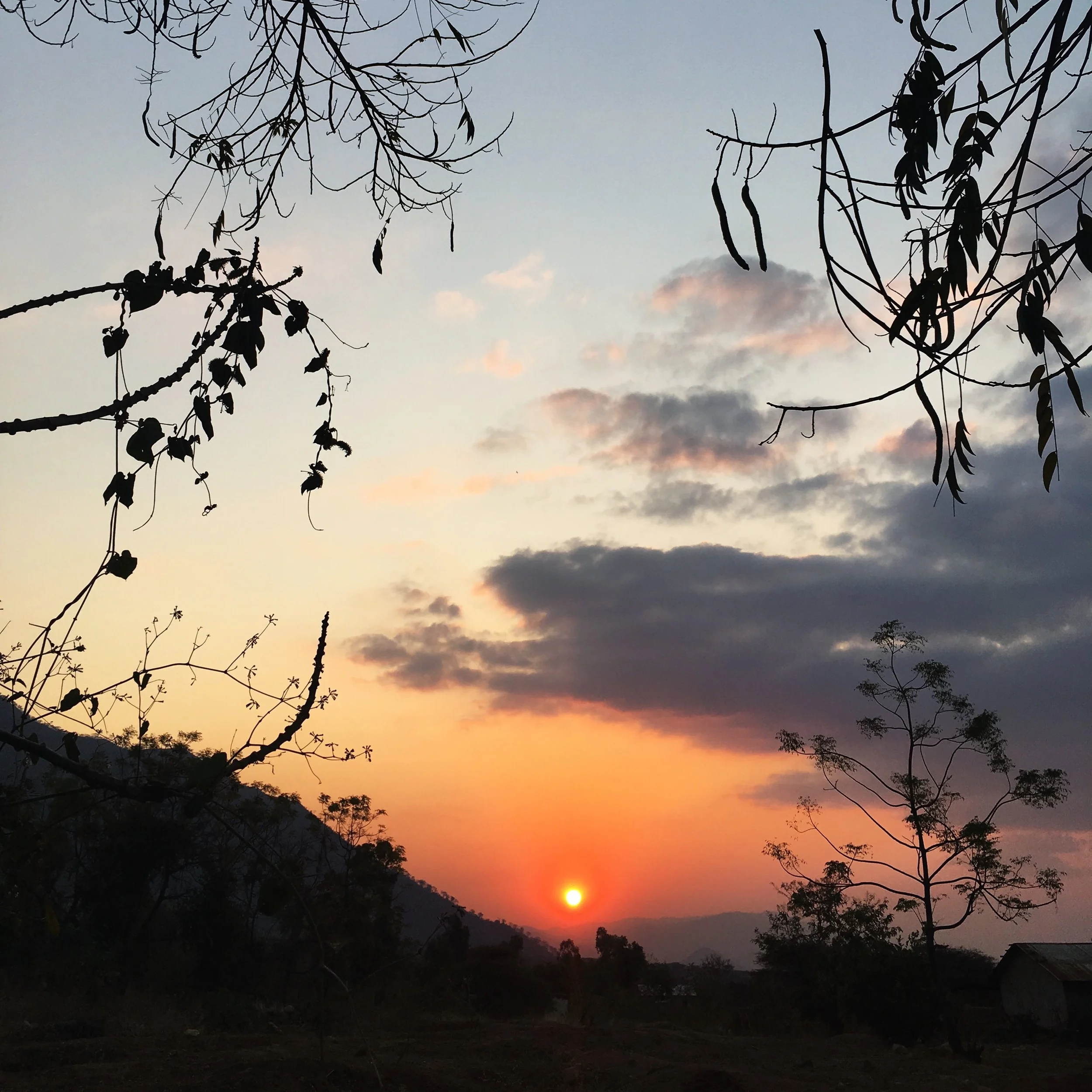“We see the school as a beacon of hope for people in Mlali - a school owned by the community itself that is redefining what life in Mlali can be.”
Kilines talks about her community and the school’s vision for its future.
Photo: Ike Edeani
“My community, its potentiality, the readiness of the kids to study, the love and support of the people, the beautiful landscape & the Ukaguru mountain, the wonderful weather ... always make me grateful for my community and I long to be there.”
Mlali is a village in central Tanzania, in Kongwa District, Dodoma Region. It is a vibrant village that sits in a beautiful mountainous landscape. It’s full of music, intense colour, laughter and community. The life of Mlali revolves around the harvest year, as the majority of residents are farmers and herders. The main crops are maize, sunflowers, cassava, sweet potatoes, pumpkins, millet and peanuts. In August, at harvest time, the village really comes to life. The air is filled with the sound of the drums and songs of weddings, church services, parties and coming of age celebrations. People have a lot of time and love for each other, which makes the community strong.
“Mlali gives me a sense of belonging. Mlali is the place I call home where my parents and my extended family members dwell. I am thankful to my community for raising me up to be the person I am today.”
Kilines with (a slightly younger!) Juliana.
Despite the strong sense of community it has, Mlali also faces a variety of real challenges, with many families, despite their hard work, suffering from extreme poverty. As a result, many are not able to afford good education, nutrition, clothes or shelter for their children, and often find themselves battling with diseases that would be simple to cure with the right resources.
“The lack of access to quality education and healthcare creates a cycle of poverty, where new generations are unable to lift themselves and their families out of the situation that they are in. For many of these children, these outside forces on their lives can leave their potential undiscovered and can be a massive blow to their futures. In my community, there are children with such potential who would wish to get access to education but their families’ poor background bars them from achieving their wish, and hence, my dedication to help them - in my small way.”
“We see Mlali transformed through the provision of quality education to all children. Quality education will impact the community through the kids at our school and their parents, by breaking the poverty cycle and giving them a path on which they can build a better life for themselves and their families. We see the school as a beacon of hope for people in Mlali - a school owned by the community itself that is redefining what life in Mlali can be.”
Every individual in my community has the potential to change their course but I see myself as simply a catalyst who initiates and triggers actions for change. I want my community to excel through educating the children and young people. I know that there are so many ways to change a community stricken by abject poverty like mine. However, I believe that education is the best life changer. It is through quality education that we can break the vicious cycle of poverty in Mlali.
My goal is to see equal opportunities in education; every kid in my community to receive at least basic education because it is a human right no-matter their family background or their sex or where they live. Children are the source of change and development; agents of community transformation and prosperity. If you teach them how to catch fish you give them a life-long skill that will be beneficial even to other people surrounding them, rather than simply giving them fish to eat while they will be in need of more fish the next day (this is the meaning of the picture of graduates catching fish at the entrance of QEA building).
“My goal is to see young people in Mlali rise up as knowledgeable, dedicated female and male role models, and become the future leaders of my country Tanzania.”
The view of the QEA school building and village beyond.
The famous Mlali sunset






